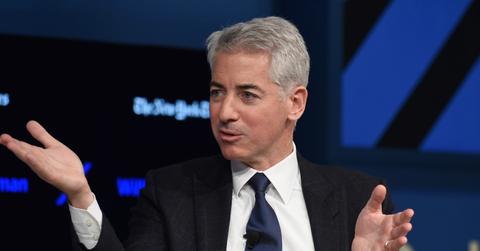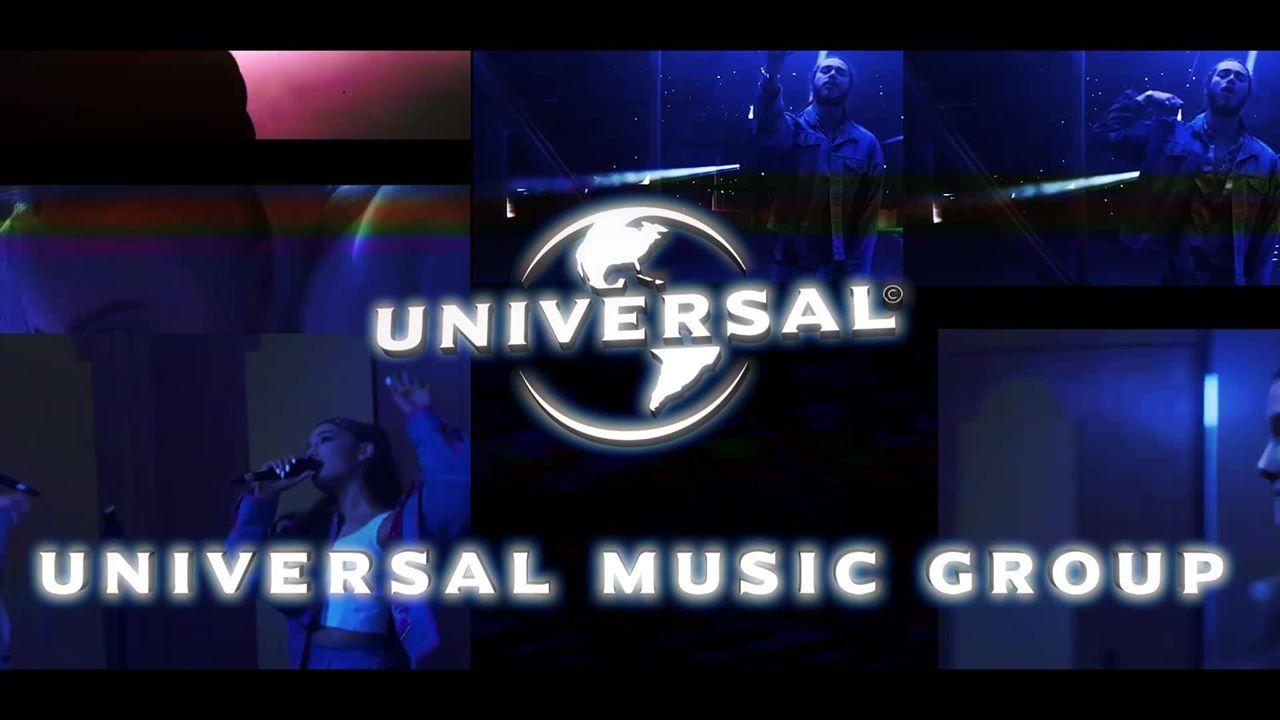Why the SEC Stopped Bill Ackman's Universal Music Group SPAC Merger
Bill Ackman's SPAC merger with Universal Music Group wasn't a done deal after all. Why did the SEC stop the deal? Here's what we know.
July 20 2021, Published 12:13 p.m. ET
Last month, Bill Ackman was celebrating a big step in his SPAC takeover, namely a deal that would give the blank-check firm partial ownership of Universal Music Group (UMG). His plans to take over a portion of the company have been foiled thanks to the SEC.
Why did the SEC stop Ackman's UMG SPAC deal? It has to do with the logistics of the SPAC vehicle.
Bill Ackman planned to score a 10 percent stake in UMG.
The original deal was set to execute like this:
Through his SPAC called Pershing Square Tontine Holdings (NYSE:PSTH), Ackman expected to secure a 10-percent stake in UMG.
UMG's parent company is Vivendi (OTC:VIVHY)—a French media corporation with a market cap of $40.83 billion. Vivendi would retain primary ownership of UMG, but Ackman was set to acquire a valuation worth $4.2 billion (a tenth of UMG's estimated $42 billion valuation).
This wasn't a direct-route reverse merger. Ackman planned to invest in UMG through his SPAC by going through UMG's parent company. The deal was expected to be finalized by Sept. 15 as UMG went public independently in the Netherlands.
The complex investment was supposed to maximize tax and legal benefits for Vivendi since it's the parent company at the helm of the deal.
Investors never truly believed in Ackman's SPAC investment in UMG.
It isn't that people didn't think Ackman could execute the deal. Instead, investors thought that the complicated pathway for the investment felt forced.
Ackman initially proposed a more traditional SPAC deal, but the large size of the UMG stake made it difficult to bring this vision to fruition.
In the six weeks following the initial announcement of the UMG investment, PSTH stock fell 18.88 percent. If anything, it's evidence of faulty investor interest from the get-go.
Why the SEC pulled the plug on the Ackman SPAC deal
In a press release that came out on July 19, Ackman wrote, "Our board of directors unanimously determined not to proceed with the Universal Music Group transaction, and to assign our share purchase agreement to Pershing Square Holdings, Ltd."
This means that Ackman is using his holding company to facilitate the deal rather than his publicly traded SPAC.
According to Ackman, this "was driven by issues raised by the SEC with several elements of the proposed transaction—in particular, whether the structure of our [initial business combination] qualified under the NYSE rules."
Ackman said that the company met with the SEC numerous times to try to change its mind, but the organization's opinion was set in stone. The SEC said that Ackman was trying to use the SPAC vehicle in a way that didn't align with market standards.
What's left for PSTH?
In the U.S., SPAC firms have two years to find a target that they want to take public. PSTH has 18 months left to find the right company and appease the SEC.
Investors who already hold PSTH shares won't be getting UMG stock after all. However, anyone who's bent on UMG can invest in the Euronext Amsterdam exchange in September.


